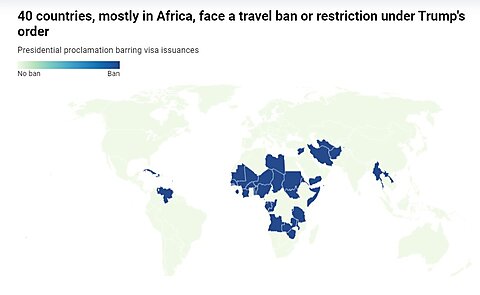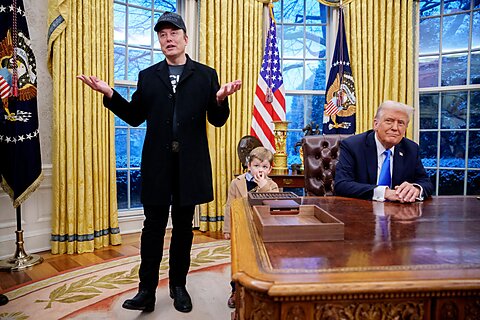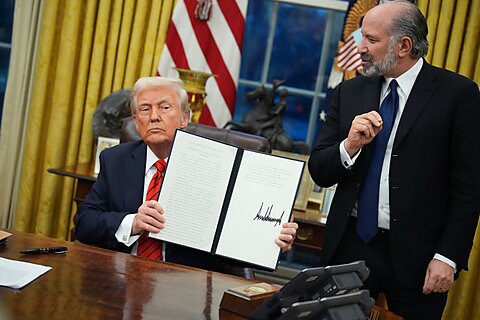Jeffrey A. Singer At today’s White House ceremony, President Trump signed an executive order requiring the Drug Enforcement Administration to reschedule cannabis from a Schedule I controlled substance to a Schedule III controlled substance. During the event, Centers for Medicare and Medicaid Services (CMS) Administrator Mehmet Oz announced plans for a new pilot program under which Medicare would pay for ...
Chris Edwards and Yasmeen Kallash-Kyler When you ask people which are the most corrupt states, New Jersey is often mentioned along with perhaps Illinois and Louisiana. We found here and here that New Jersey ranks only moderately high in terms of public corruption convictions, though we noted that convictions are an imperfect measure of underlying criminal activity. This post focuses on one ...
Romina Boccia and Tyler Turman The Supplemental Nutrition Assistance Program (SNAP) served 41.7 million Americans on average each month at a cost of roughly $100 billion in fiscal year 2024. The program suffers from rising costs, lax eligibility enforcement, and significant waste due to misaligned incentives as a result of its near-total reliance on federal funding. SNAP’s inclusion in the ...
Matthew Cavedon Oklahoma prisoner Tremane Wood was set to be executed on November 13. Instead, last-minute clemency from Governor Kevin Stitt saved his life. Despite this welcome news, Tremane’s case remains a showcase of the injustices marring America’s criminal law system. Tremane was sentenced to death as a result of the 2002 stabbing of 19-year-old Ronnie Wipf during a robbery ...
David J. Bier President Trump signed a new proclamation that bans nearly all legal immigration from about 40 countries, covering about one in five legal immigrants from abroad and nearly 400,000 legal immigrants over three years. Although it exempts some foreign workers and travelers from certain countries, this ban does not include any categorical exemption or waiver for spouses, minor ...
Alex Nowrasteh and Krit Chanwong The Department of Government Efficiency (DOGE) first set a goal to balance the budget by cutting $2 trillion in waste, fraud, and abuse. This goal was later reduced to $1 trillion and then again to just $150 billion. DOGE also aimed to reduce the size and scope of the administrative state, improve the procurement process, ...
Adam N. Michel Over the last few weeks, a wave of headlines has painted a similar story: the One Big Beautiful Bill Act (OBBBA) has handed corporate America a massive cash windfall. The Wall Street Journal says the “cash windfall from Trump’s tax law is starting to show up.” The Washington Post highlights the $16 billion firms are projected to ...
Tad DeHaven In an interview with the Wall Street Journal over the weekend, the president confirmed that he’s considering taking equity stakes in defense companies—“he” being the federal government. Trump was then quoted as saying: We should take stakes in companies when people need something. I think we should take stakes in companies. Now, some people would say that doesn’t ...
Matthew Cavedon When defendants in criminal cases are arrested in Lancaster County, Pennsylvania, they appear before magisterial district judges to be arraigned. Judges set the amount of cash bail at these hearings, but they do not take into account arrestees’ financial circumstances. This is unconstitutional. Incarcerating people before trial simply because they are too poor to pay for their release ...
Romina Boccia and Ivane Nachkebia The Cato Institute recently conducted a nationally representative Social Security survey of 2,000 Americans, exploring their attitudes toward the program, their understanding of how it works, and their openness to potential proposals aimed at addressing its long-term shortfalls. Among all the ideas tested, one result stands out: Americans want to take politics out of Social ...












